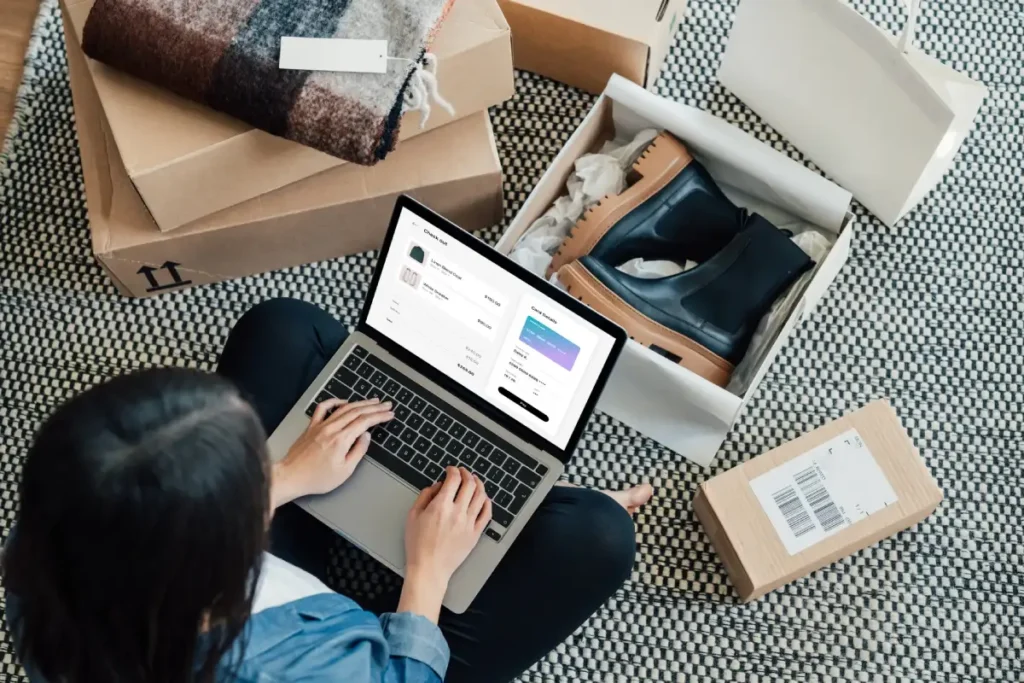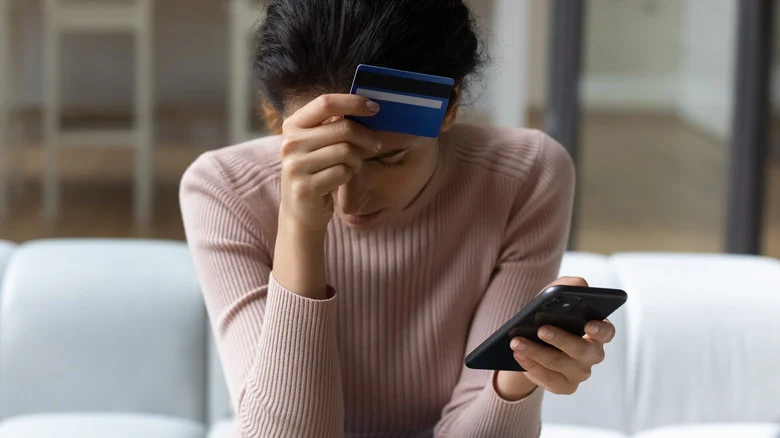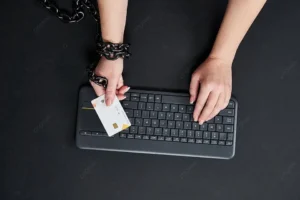Do you find yourself constantly buying things you don’t need, just because it feels good in the moment? Are you hiding shopping bags from loved ones or feeling a rush of guilt after a big spending spree? If this sounds familiar, you might be dealing with a compulsive shopping habit or say SHOPPING ADDICTION!!!
But don’t worry, you’re not alone, and there’s help available.
In this blog, we’ll dive into what shopping addiction is and how it can affect your life, from your finances to your relationships. We’ll talk about the signs and symptoms to watch out for, the psychological reasons behind compulsive shopping, and the steps you can take to regain control. Plus, we’ll explore where to get professional help and the different treatment options available. Whether you’re looking to cut back on your spending or find long-term solutions, this blog will help you overcome your shopping addiction.
Contents
Understanding Shopping Addiction
 Shopping addiction, also known as compulsive buying disorder, is a behavioral addiction where an individual feels an uncontrollable urge to shop and spend money, often on items they don’t need. This addiction can have significant psychological and behavioral aspects, making it more than just a love for shopping.
Shopping addiction, also known as compulsive buying disorder, is a behavioral addiction where an individual feels an uncontrollable urge to shop and spend money, often on items they don’t need. This addiction can have significant psychological and behavioral aspects, making it more than just a love for shopping.
Now, when it comes to regular shopping, habits involve buying items you need or occasionally splurging on something special. However, this behavior is usually controlled and does not interfere with your daily life.
In contrast, shopping addiction is a compulsion that disrupts normal activities and relationships.
- Compulsive shoppers struggle to control their urges.
- Involves frequent, often daily, shopping sprees.
- Compulsive shoppers use shopping as a primary way to manage their emotions.
Understanding these differences is crucial in recognizing shopping addiction and seeking the appropriate help and support.
Signs and Symptoms of Shopping Addiction

Recognizing the signs and symptoms of shopping addiction can help identify the problem early. Here are some real-life situations and triggers that might indicate someone is struggling with compulsive shopping:
- Constantly using credit cards for purchases and seeing the balance grow each month.
- Hitting the credit limit on multiple cards due to frequent shopping.
- Asking friends or family for loans to cover bills because shopping has drained your bank account.
- Regularly going on shopping sprees, buying things you don’t need, like multiple pairs of shoes when you already have plenty.
- Walking into a store to buy one item but leaving with a cart full of things you didn’t plan to buy.
- Feeling compelled to buy something just because it’s on sale, even if you don’t need it.
- Experiencing a rush of excitement and happiness when making a purchase.
- Turning to shopping when you’re feeling stressed, anxious, or lonely as a way to cope.
- Sneaking shopping bags into the house and hiding them from family members.
- Telling your partner you spent less than you actually did, or hiding receipts.
- Skipping work or important obligations to go shopping.
- Spending hours browsing online stores, often late at night, leading to poor sleep.
- Having closets and storage spaces overflowing with items, many still with tags on.
- Constantly thinking about the next purchase, even during work or other activities.
Remember, if these scenarios sound familiar, it may be time to seek help!
The Psychological Causes of Shopping Addiction
Understanding the psychological causes of shopping addiction can help identify why some individuals develop compulsive shopping habits. Here are the key factors that contribute to shopping addiction:
- Stress Relief
- Emotional Comfort
- Boredom
- Immediate Reward
- Impulse Control Issues:
- Status Symbol
- Self-Esteem Boost
- Sense of Control
- Routine Behavior
- Struggling with Depression or Anxiety
Shopping addiction is a complex behavior influenced by various psychological factors. Recognizing these underlying causes can help individuals understand their own compulsive shopping habits and take steps toward recovery.
How This Compulsive Behaviour Affects Relationships

Compulsive shopping behavior doesn’t just impact the individual; it also affects their relationships with family, friends, and loved ones. Here’s how shopping addiction can create strain in personal relationships:
- Compulsive shoppers often hide their purchases and the extent of their spending from loved ones. But when these actions are discovered, they can severely damage trust.
- They might promise to cut back on spending but repeatedly fail to do so. This cycle of making and breaking promises can erode trust and create a sense of betrayal.
- Excessive shopping can lead to significant financial strain, causing arguments over money.
- Compulsive shopping can lead individuals to neglect their responsibilities at home, work, or school. This neglect can cause friction with partners and family members who may feel burdened with additional duties.
- Compulsive shoppers may prefer spending time shopping rather than engaging in social activities, leading to a sense of disconnection from loved ones.
- Children of compulsive shoppers may learn unhealthy spending habits by observing their parent’s behavior.
Strategies to Control Shopping Urges
 Managing shopping addiction requires practical strategies to control the urge to shop and develop healthier habits. Here are some effective tips to help you regain control over your spending:
Managing shopping addiction requires practical strategies to control the urge to shop and develop healthier habits. Here are some effective tips to help you regain control over your spending:
- Create a monthly budget
- Limit yourself to using cash instead of credit cards.
- Keep a record of every purchase you make to identify areas where you can cut back
- Recognize the situations or emotions that trigger your shopping urges
- Stay away from places or activities that encourage shopping, such as malls, online shopping sites, or window shopping
- Make a list of items you need before going shopping and stick to it
- Find activities that you enjoy and can immerse yourself in, such as reading, exercising, or crafting
- Spend time with friends and family doing activities that don’t involve shopping
- Practice mindfulness
- Establish clear financial goals, such as saving for a vacation or paying off debt
- hare your struggles with a trusted friend or family member who can offer support and encouragement
- Professional Help: Consider seeking help from a therapist or counselor who specializes in addiction. They can provide personalized guidance and support to help you overcome your shopping addiction.
Implementing these strategies can help you manage shopping urges and develop healthier spending habits.
